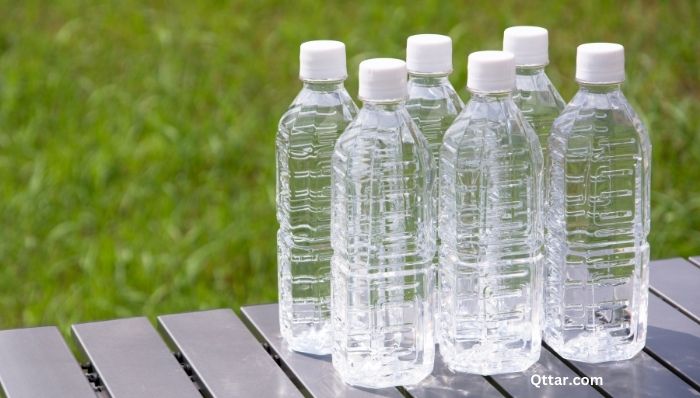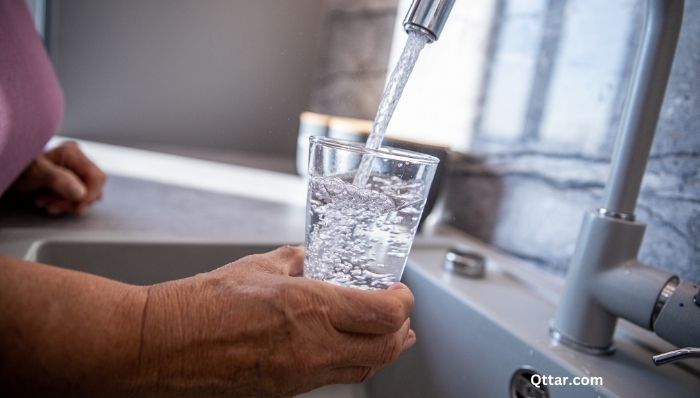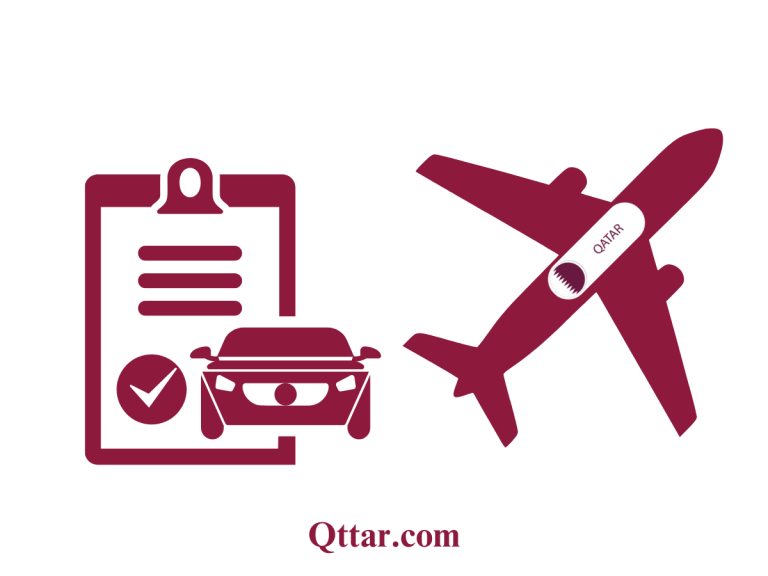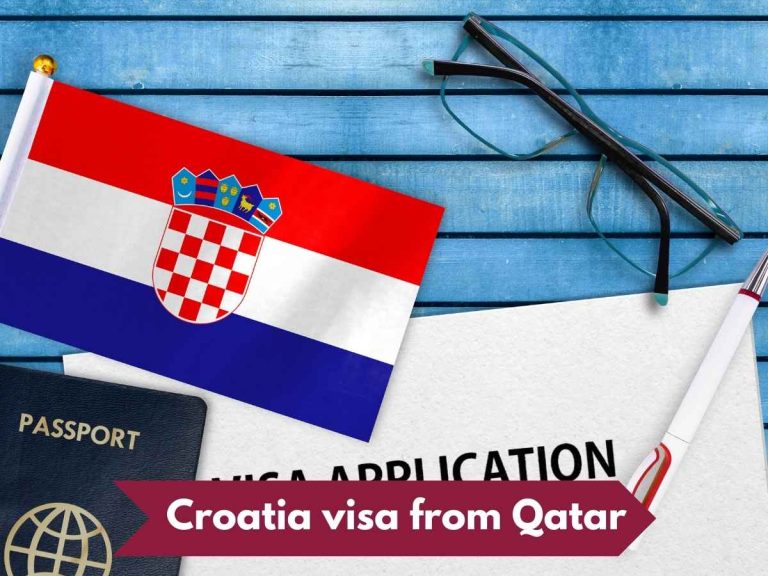Can You Drink Tap Water In Qatar?
Yes, tap water in Qatar is generally safe to drink. The water undergoes advanced treatment processes and meets international quality standards. However, many residents prefer bottled water due to taste concerns and potential contamination in private storage tanks.
The State of Tap Water in Qatar
Qatar, a small peninsula in the Arabian Gulf, has made significant strides in ensuring a safe and reliable water supply for its residents and visitors. Despite being one of the most water-scarce countries in the world, Qatar has invested heavily in state-of-the-art desalination plants and water treatment facilities to meet the growing demand for clean drinking water.
The Journey of Qatar’s Water: From Sea to Tap
Qatar’s unique geographical location and arid climate have necessitated innovative solutions to provide potable water to its population. The country relies almost entirely on desalination to meet its freshwater needs, with over 99% of its drinking water coming from desalination plants. These plants use advanced technologies to convert seawater from the Arabian Gulf into safe drinking water.
The process begins with seawater intake, where large volumes of water are drawn from the Gulf. This water then undergoes a series of treatments, including:
- Pre-treatment: Removal of large particles and debris
- Reverse Osmosis: The main desalination process that removes salt and other impurities
- Post-treatment: Addition of minerals and disinfection to ensure water safety
After treatment, the water is distributed through a network of pipelines to homes, businesses, and public facilities across Qatar. The Qatar General Electricity & Water Corporation, known as KAHRAMAA, is responsible for the production, transmission, and distribution of water throughout the country.
Water Quality Standards and Monitoring
Qatar adheres to strict water quality standards that align with international guidelines set by organizations such as the World Health Organization (WHO). KAHRAMAA conducts regular testing and monitoring to ensure that the water leaving treatment plants meets these standards. Parameters monitored include:
- Physical characteristics (color, odor, turbidity)
- Chemical composition (pH, dissolved solids, chlorine levels)
- Microbiological content (bacteria, viruses, parasites)
Studies conducted by the Qatar Environment and Energy Research Institute (QEERI) have confirmed the safety of tap water in Qatar. In a comprehensive analysis of 113 tap water samples and 62 bottled water samples, researchers found that both types of water met international quality standards for drinking water.
Public Perception and Consumption Habits
Despite the efforts to ensure tap water safety, public perception in Qatar often leans towards a preference for bottled water. Surveys indicate that only about 30% of the population regularly drinks tap water. This preference stems from several factors:
- Taste concerns: Some residents find the taste of desalinated water less appealing than bottled water.
- Cultural habits: In many Gulf countries, there’s a long-standing tradition of drinking bottled water.
- Concerns about storage tanks: While water leaving treatment plants is safe, potential contamination can occur in private storage tanks.
Many households and businesses in Qatar use water filters or purification systems as an additional precaution. These systems can improve taste and provide an extra layer of safety, particularly in older buildings where plumbing may be a concern.

Cooking with Tap Water in Qatar
While many residents may not drink tap water directly, it is widely used for cooking purposes. The process of boiling water during cooking effectively eliminates most potential contaminants, making it safe for culinary use. Restaurants and hotels in Qatar typically use tap water for food preparation, often with additional filtration systems in place.
Water Conservation and Sustainability Challenges
Qatar faces significant challenges in terms of water sustainability. The country’s reliance on desalination, while necessary, comes with environmental and economic costs:
- Energy Consumption: Desalination is an energy-intensive process, contributing to Qatar’s high per capita carbon footprint.
- Brine Discharge: The byproduct of desalination, highly concentrated saltwater, can harm marine ecosystems when returned to the sea.
- Infrastructure Maintenance: The corrosive nature of seawater requires constant maintenance and replacement of desalination equipment.
To address these challenges, Qatar has implemented several initiatives:
- Water-saving technologies in new buildings
- Public awareness campaigns on water conservation
- Research into more efficient and environmentally friendly desalination methods
- Exploration of alternative water sources, such as treated sewage effluent for non-potable uses
The Role of Bottled Water in Qatar
The bottled water industry plays a significant role in Qatar’s drinking water landscape. Many residents and visitors opt for bottled water due to perceived safety and taste preferences. However, this reliance on bottled water has its own set of environmental implications:
- Plastic waste: Increased consumption of bottled water contributes to plastic pollution.
- Carbon footprint: The production and transportation of bottled water add to greenhouse gas emissions.
- Cost: Bottled water is significantly more expensive than tap water, impacting household budgets.
Water in Qatar’s Hospitality Sector
Hotels and restaurants in Qatar play a crucial role in shaping visitors’ perceptions of water quality. Many high-end establishments have invested in advanced water filtration systems to provide guests with high-quality drinking water. Some hotels offer complimentary bottled water in rooms, while others have installed in-room filtration systems to reduce plastic waste.
Public Health Considerations
While tap water in Qatar is generally safe, there are some public health considerations to keep in mind:
- Legionella risk: The hot climate can promote bacterial growth in cooling towers and water systems.
- Mineral content: Desalinated water may lack certain beneficial minerals found in natural freshwater sources.
- Chlorine levels: Some residents report a strong chlorine taste, which, while safe, can be off-putting.
Health authorities in Qatar regularly monitor these issues and provide guidelines for building managers and homeowners to minimize risks.

FAQs
Why do people in Qatar prefer bottled water?
Many people in Qatar prefer bottled water for several reasons:
- Taste preferences
- Concerns about potential contamination in private storage tanks
- Cultural habits and traditions
- Perceived higher quality of bottled water
Can you brush your teeth with tap water in Qatar?
Yes, it is safe to brush your teeth with tap water in Qatar. The water quality is sufficient for oral hygiene purposes. However, if you have concerns, you can use bottled water for this purpose as well.
Is it safe to drink hotel tap water in Qatar?
Hotel tap water in Qatar is generally safe to drink. Many hotels have additional filtration systems in place to ensure high water quality. However, most hotels also provide complimentary bottled water for guests who prefer it.
How is tap water treated in Qatar?
Qatar’s tap water is primarily treated through desalination processes, including:
- Reverse osmosis
- Thermal distillation
- Pre-treatment to remove large particles
- Post-treatment, including mineral addition and disinfection
These processes ensure that the water meets international safety standards before distribution.

Ammara Abdullah is an experienced writer and editor specializing in technology and digital trends. With over 5 years of experience, she produces insightful articles on emerging tech, consumer electronics, and digital culture. Ammara holds a degree in journalism and is passionate about making complex topics accessible to readers.






